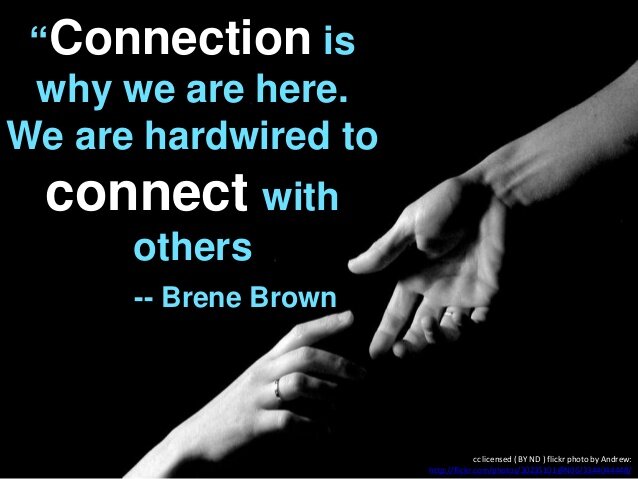I was early for my train back from London the other day, and while I was sitting there, the cleaner came through the carriage. As she approached, I looked up, smiled, and said, "Good morning – thank you for cleaning the carriage for us." I was shocked by her response.
She almost dropped her bag, turned to me with wide eyes, and said, "You spoke to me." I was puzzled and replied, "Yes, I just said good morning and thank you." She went on to tell me that she’d been working there for over three years, and I was the first passenger who had ever greeted her or thanked her for her work. Quite frankly, I was gobsmacked.
How could she feel so invisible at work for so long and still manage to wear the smile I saw on her face? How is it that we, as people, so often fail to notice and appreciate those around us who are providing a service or simply sharing our space?
Over the past few weeks, I’ve had the privilege of working in the mental health field across various industries, and the more people I meet, the more I hear about this sense of invisibility and being overlooked. It’s no surprise that comments like "I feel empty at work" or "I’m starting to resent my manager" or "The stress is getting too much" are becoming increasingly common. People seem to be noticed primarily for their productivity or outcomes, often accompanied by ‘performance development’ feedback.
The statistics surrounding disengagement, workplace stress, and feelings of unimportance are alarmingly high. The term "anti-mattering" captures how this sense of invisibility can drain someone’s energy and self-worth and contribute to unhealthy stress. Our hybrid or work-from-home model impacts our daily interactions, contacts, and connections and complicates how workers need to consider and navigate these needs. We know that feeling valued for our presence, dedication, and contributions is a fundamental human need.
I want to challenge you to join me in taking action, in line with the theme for World Mental Health Day on the 10th of October – Mental Health at Work – to truly notice those around you in the workplace. Acknowledge that they are seen, that their presence matters, and that their efforts are appreciated. A simple smile, a "hello," or a "thank you" can change someone's day, showing them that they are valued. If we all make this small effort, we can create a culture of inclusion and human connection, where every worker – whether colleague or stranger – feels part of something meaningful and valued.




















